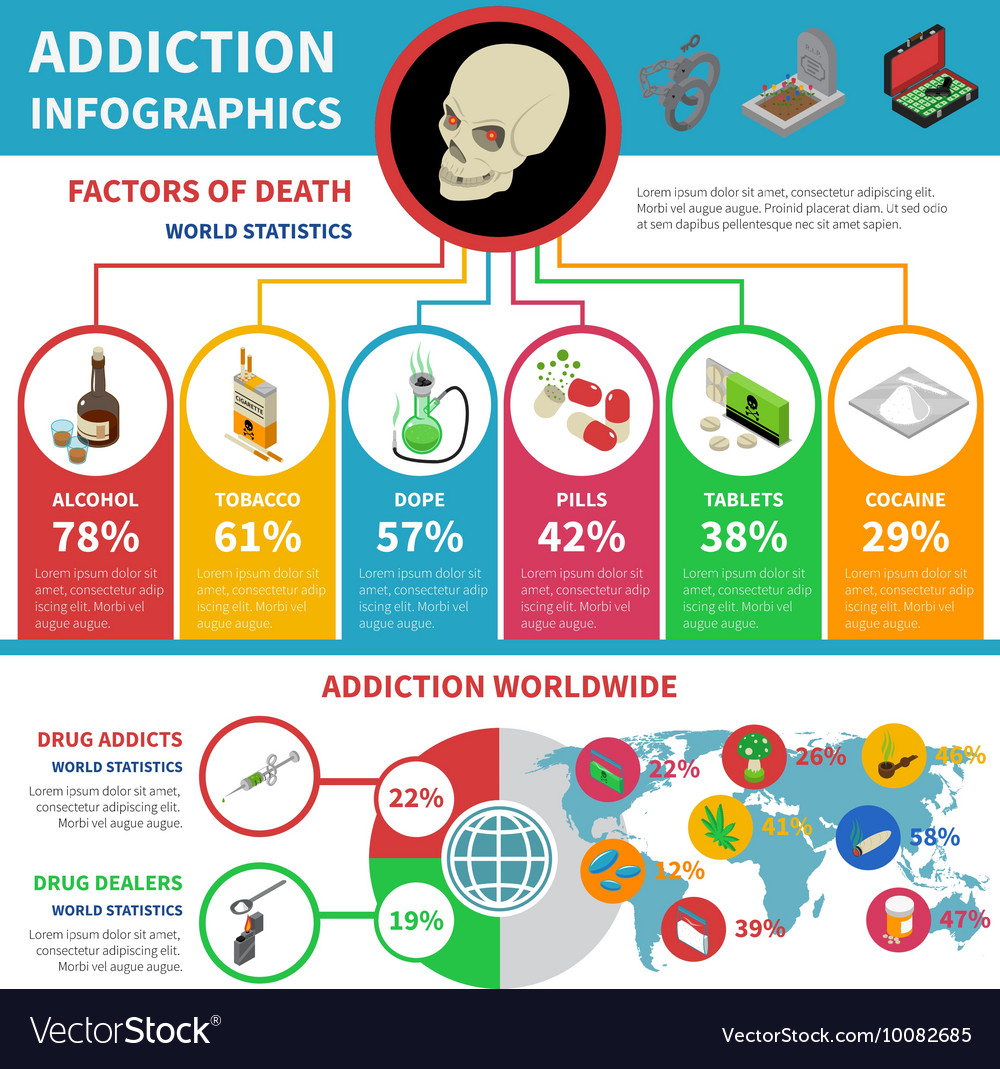The Contribution Of Therapy To Drug Rehab: Cultivating Healing Of The Body And Mind
The Contribution Of Therapy To Drug Rehab: Cultivating Healing Of The Body And Mind
Blog Article
Content Author-Gammelgaard Whitehead
In Drug rehab, therapy is crucial for your recuperation trip. It attends to the psychological marks and injuries that often fuel substance usage. By taking part in numerous therapeutic methods, you can reveal insights regarding yourself and develop much healthier coping mechanisms. This process not only help in psychological recovery but also supports your overall well-being. As you explore these healing methods, you might locate that the path to a well balanced lifestyle is more obtainable than you thought.
Comprehending the Importance of Therapy in Recovery
When you start the trip of recovery, treatment plays a critical function in helping you recognize the underlying problems that add to addiction. It supplies a secure space for you to discover your thoughts, sensations, and actions without judgment.
By dealing with a skilled professional, you'll acquire insights right into your patterns and activates, allowing you to create healthier coping mechanisms. Treatment also promotes self-awareness, allowing you to identify the emotional pain or injury that might have fueled your substance use. This understanding is important for long-term modification.
In addition, engaging in therapy assists build a support system, as you connect with others facing comparable struggles. Ultimately, treatment empowers you to take control of your life and navigate the path to lasting recovery.
Common Therapeutic Strategies in Drug Rehabilitation
Numerous restorative techniques are made use of in Drug rehabilitation to attend to the special requirements of people.
Cognitive Behavior Modification (CBT) assists you recognize adverse thought patterns and habits, outfitting you with devices to transform them.
Motivational Interviewing encourages you to explore your reasons for wanting to change and enhances your dedication to recovery.
Team therapy supplies an encouraging setting where you can share experiences and learn from others.
https://telegra.ph/Learn-Exactly-How-To-Select-The-Right-Dependency-Therapy-Center-Tailored-To-Your-Demands-And-Find-The-Vital-Aspects-That-Can-Cau-04-18 includes loved ones, fostering healing and understanding within partnerships.
All natural therapies, like yoga and mindfulness, promote overall well-being by incorporating mind and body.
Each technique plays an important function in your recuperation journey, assisting to develop a solid foundation for long-term adjustment and individual development.
Building Coping Methods for Long-Term Success
Therapeutic strategies prepared for recuperation, yet constructing coping strategies is what absolutely sustains lasting success. Establishing these strategies furnishes you to deal with anxiety, causes, and desires that may develop after rehabilitation.
Begin by identifying your triggers and exercising mindfulness strategies to stay existing. Journaling can additionally assist you process emotions and enhance your dedication to sobriety.
Engaging in healthy tasks, like workout or hobbies, gives favorable electrical outlets for stress. Developing pop over to this web-site is crucial; get in touch with close friends, family members, or support groups who comprehend your journey.
Conclusion
Including treatment into your Drug rehabilitation journey is crucial for recovery both your body and mind. By recognizing the emotional pain behind your compound usage, you can build healthier coping strategies that support lasting healing. Welcoming restorative methods like Cognitive Behavior modification and mindfulness not just improves your emotional regulation however likewise promotes personal development. Bear in mind, buying your mental wellness is just as important as dealing with physical health-- together, they pave the way for a balanced, meeting life.
